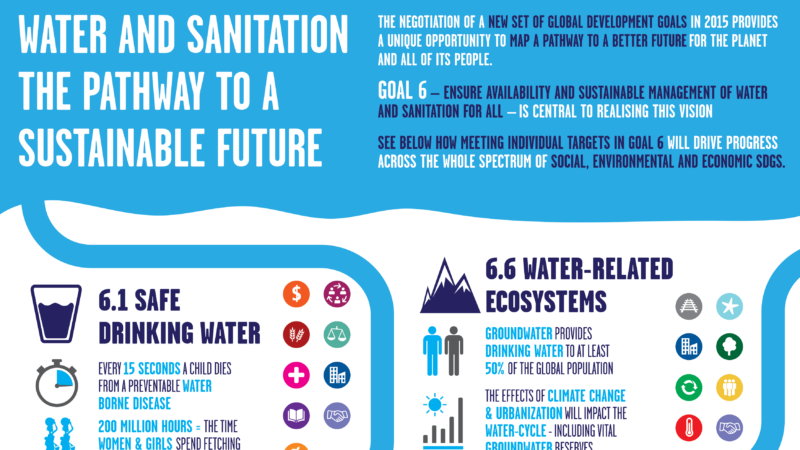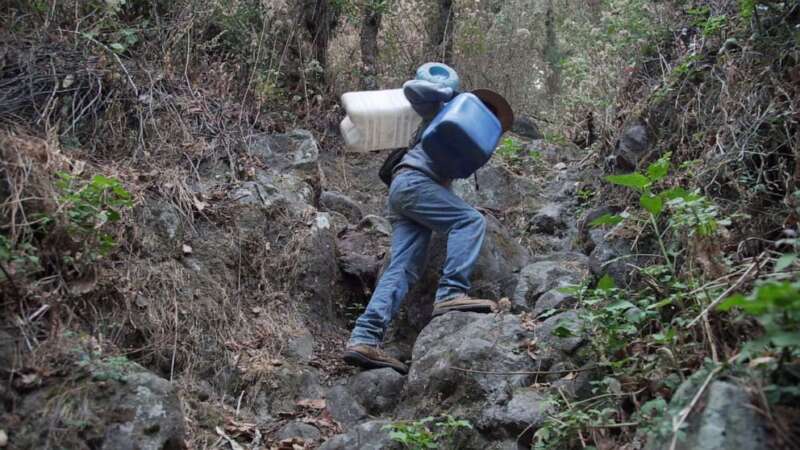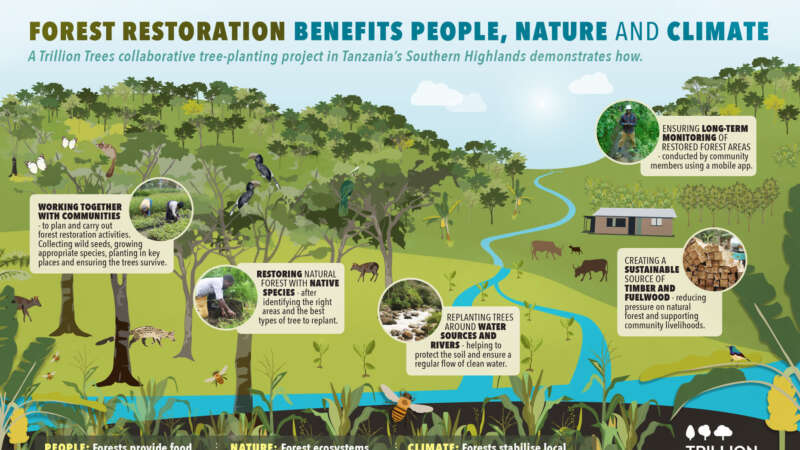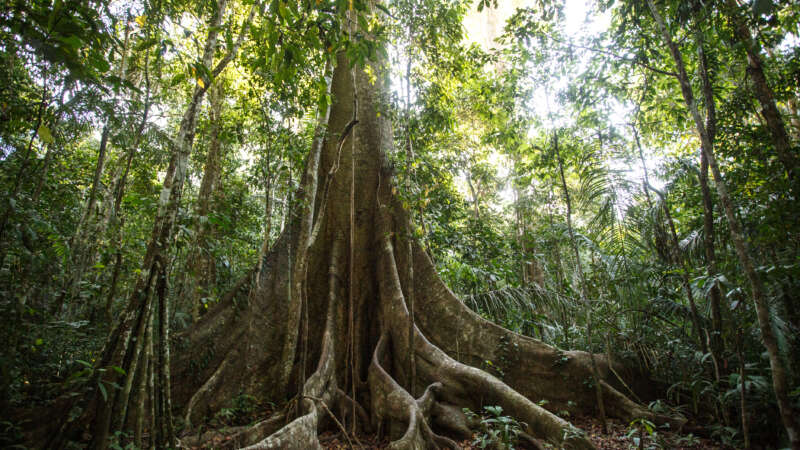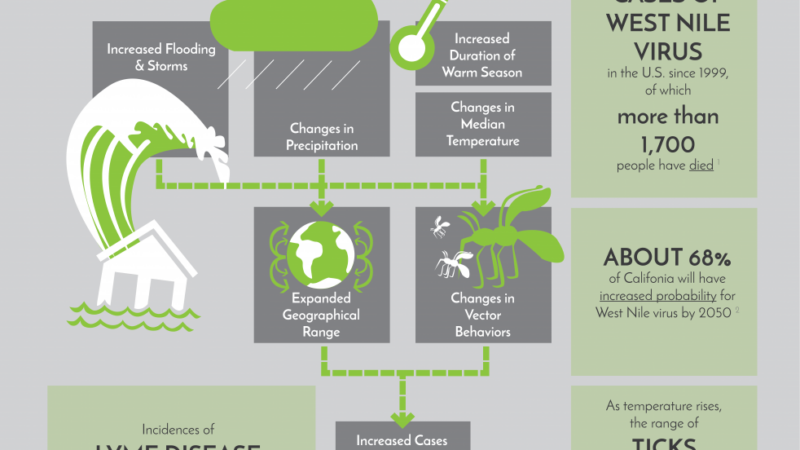Environment
Zaria Forman: Drawing Attention to a Changing World
Zaria Forman, a contemporary artist residing in New York, creates astonishingly realistic drawings of arctic landscapes. Her extraordinary talent and methodology have gained her critical acclaim, establishing her as one of today’s most influential artists.
Forman uses her fingers and the palm of her hands almost exclusively to create her drawings of quickly disappearing glaciers and icebergs.
Gary White: Making Waves in the Fight for Clean Water
Gary White, Co-founder and CEO of Water.org and WaterEquity, is a visionary leader dedicated to addressing the worldwide water crisis. His commitment originated from observing the severe conditions experienced by communities in Honduras lacking safe water and sanitation facilities.
Committed to effecting change, he arranged a fundraising dinner that generated sufficient resources to provide water to a village. This act served as inspiration for establishing WaterPartners International, presently recognized as Water.org, an organization that has significantly improved the well-being of millions of individuals worldwide.
Clean Water and Sanitation: A Global Report Card
Clean water and sanitation is central to sustainable development and the post-2015 development agenda, with strong linkages to many of the other proposed Sustainable Development Goals. Learn more through the excellent infographics provided below, and do remember to share this important knowledge with friends and family.
Credits: Unilever for World Water Day
Power of Water: Mexico’s Water Warriors
High in the hills of the San Juan Tlacotenco Forest, the worth of water is revealed as nearby villagers make the arduous journey to the Zacasonapan Spring.
For generations, the pilgrimage has been a regular tradition for many who live in the area and rely on the natural water source for survival. A particularly steep and rocky path shows just how treacherous it can be, especially while hauling heavy water jugs on the way back home.
Clean Water: A Basic Need for Health and Survival
Clean water is essential for all life on Earth to thrive. The water cycle is not contained within our countries’ borders or boundaries, which makes it a challenge to monitor, maintain and implement improvements and changes. Ownership of, and access to, this essential natural resource has been at the forefront of many disputes around the world, between neighboring countries and communities, and even countries on opposite sides of an ocean. Across the globe we are observing conflicts, wars and water refugees as people struggle for equal access to what has been widely termed as Blue Gold.
Economies on both a national and local level depend upon clean freshwater and saltwater regions. In theory, a thriving economy has the ability to fund infrastructure projects and provide basic needs for all of its citizens. However, even wealthy countries are struggling to provide sufficient standards of clean water, with each region negotiating its own bespoke complications.
Trillion Trees: Communities Working to Restore Forests
In 2019, Trillion Trees partner The Wildlife Conservation Society (WCS) received support from Ecosia, the search engine that plants trees, to restore tree cover to Tanzania’s Southern Highlands. Working in collaboration with district council and community-based organizations, the project aims to restore degraded areas, protect water catchments and create community woodlots, with the ambition of planting 900,000 new trees over two years, making a lasting difference for people, nature and the climate.
Guardians of the Forest
In September 2018, indigenous and local community leaders from Latin America and Indonesia, the Guardians of the Forest, travelled to California with a mission to …
Indigenous Peoples’ Role in Protecting Forest Health
Nearly a quarter of the world’s population, or about 1.6 billion people, depend on forest resources to sustain their livelihood. This number includes an estimated 60 million who are members of indigenous groups. The worldviews of most indigenous cultures include a sacred obligation to serve as stewards of a healthy forest that can sustain its inhabitants for generations.
Indigenous peoples have been effectively managing their forests since “time immemorial,” yet governmental and scientific forestry experts have only recently begun to seek out the knowledge that indigenous peoples have about environmental management.
Vector-borne Diseases & Climate Change
Climate change creates new risks, particularly in the United States, for human exposure to vector-borne diseases (VBDs) — diseases which are transmitted to humans through the bites of insects (referred to as vectors) that carry the disease-causing pathogens. Common vectors include mosquitoes, ticks, and flies.
Climate change creates new uncertainties about the spread of VBDs such as the Zika virus, dengue fever, malaria, and Lyme disease by altering conditions that affect the development and dynamics of the disease vectors and the pathogens they carry.
Tracking the Global Burden of Vector-Borne Disease
The burden of vector-borne diseases (VBDs) is one of public health’s most pressing challenges. VBDs are caused by pathogens such as arboviruses (arthropod-borne virus), bacteria, and parasites that are transmitted to humans and animals through the bites of infected arthropods including mosquitoes, ticks, sandflies, and fleas, among others. According to the World Health Organization (WHO) , “vector-borne diseases account for more than 17% of all infectious diseases, causing more than 700,000 deaths annually worldwide”.
Beyond these broad statistics, attempts to quantify the global burden of VBDs is extremely challenging – for a number of reasons. At the highest level, even “burden” has an underlying complexity in public health terms: burden may refer to the number of cases of a given disease as well as the number of deaths.
Burden can also represent Disability-adjusted Life Years (DALYs), a measure that accounts for the long-term effects of disability among the afflicted, as well as the economic impact of disease from regions and countries all the way down to households and individuals. These economic impacts can be further scrutinized as reduced productivity among the populace, increased healthcare costs, and negative impacts on tourism; all of which can directly affect the GDP and economic growth of local and regional economies. And that’s just the beginning.


